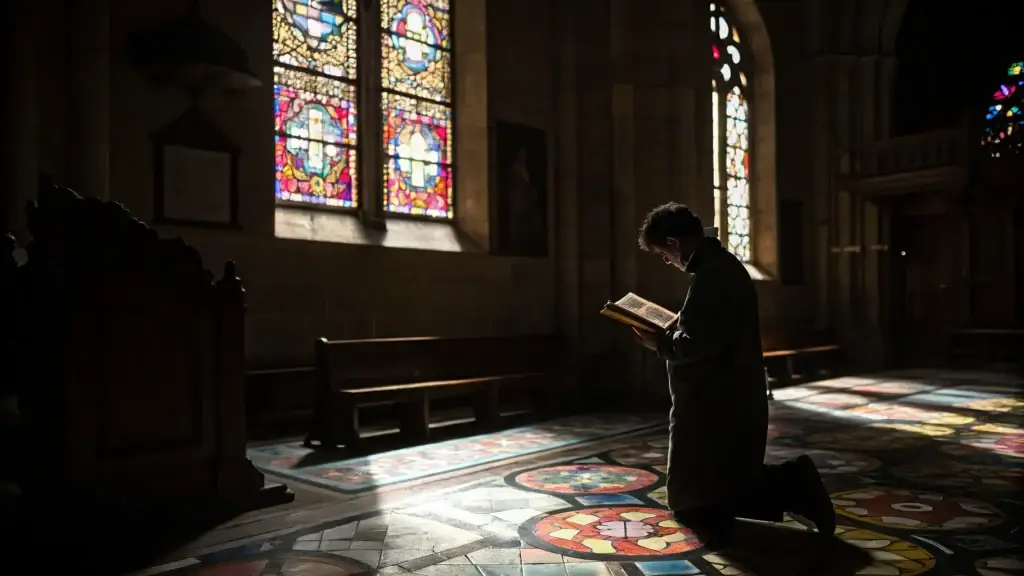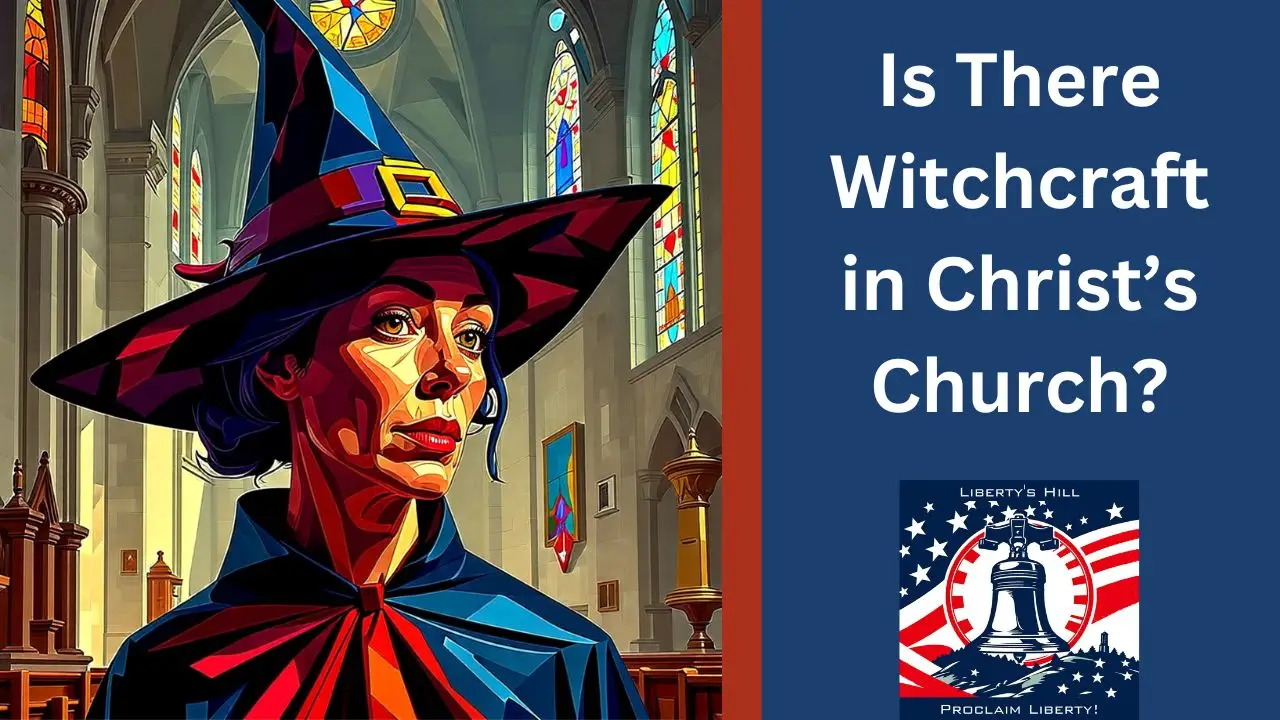Understanding Witchcraft in the Christian Church

Witchcraft often conjures up images of spells, potions, and dark magic, but what if it also exists within the walls of the church? Today, we will explore the surprising presence of witchcraft within the Christian community, examining how manipulation, intimidation, and domination can sometimes masquerade as faith practices. Dr. Bill Brannan sheds light on how true Christianity promotes liberty, human flourishing, and the transformative power of love.

Photo by Alex Gorham on Unsplash
The Conflict of Faith and Control
One of the ongoing challenges in Christianity is creating a context of faith that fosters love and humane treatment among believers. Christians, in their desire to please God, often navigate their actions based on their understanding of scripture. This leads to diverse interpretations, especially when it comes to literature and media, such as the Harry Potter series. Some families embrace these stories, while others condemn them as incompatible with Christian values.
As a classical Christian educator, I advocate for exploring diverse literature that inspires and cultivates Christian values. Engaging with stories that contain elements of magic or witchcraft can enhance our understanding of God and His world, rather than detract from it. The key is to approach such content with discernment, recognizing that the essence of witchcraft revolves around control and manipulation, which stands in stark contrast to the liberty offered through faith in Christ.

Photo by Sadiq Nafee on Unsplash
The Nature of Witchcraft
Witchcraft is fundamentally about power and control, often characterized by manipulation, intimidation, and domination. It operates on a principle that seeks to control reality through spells and rituals. When Christians resort to guilt trips or manipulation to influence others’ decisions, they inadvertently engage in the spirit of witchcraft. This manipulation can manifest in various forms, including emotional coercion and social pressure.
Understanding the essence of witchcraft allows us to recognize its presence not only in the world but also within our churches and personal lives. When individuals are controlled through intimidation or manipulation, it harms the image of God in them, leading to oppression and tyranny rather than the love and freedom that the gospel offers.

Photo by freestocks on Unsplash
The Journey of Transformation
Coming to faith in Jesus does not instantly transform a person into a perfect being. Instead, it initiates a lifelong journey of growth and transformation. Recognizing the difference between the kingdom of God and the kingdom of the world is crucial in this process. The world often operates on the principle of power, while the kingdom of God operates on love.
In this context, personal transformation is a gradual process. It involves recognizing our failures and learning to respond differently to similar situations as they arise again. This journey encourages humility and grace, rather than self-righteousness. The cultivation of virtue is essential, as it is rooted in love for both God and our fellow humans.

Photo by Ian Schneider on Unsplash
Why Are People Drawn to Witchcraft?
Fear is one of the primary motivators that draw people to witchcraft. In the absence of faith in a loving God who cares for us, individuals may seek power to control their circumstances. Traditional forms of witchcraft often involve rituals aimed at manipulating nature for personal gain. This stands in stark contrast to the blessings that come from walking in love and justice within the kingdom of God.
The world of witchcraft can seem enticing, as it offers a means of control and power. However, it ultimately leads to bondage and oppression rather than the freedom that God desires for His people. The gospel presents a liberating alternative that emphasizes love as the core motivator for human flourishing.

Photo by Edz Norton on Unsplash
The Impact of the Prosperity Gospel
One notable example of witchcraft’s influence in the church is the Prosperity Gospel. This teaching often emphasizes material wealth and success as indicators of faithfulness. While it may contain elements of truth, it can also lead to manipulation and control, creating an environment where individuals feel pressured to perform or give in order to receive blessings.
Recognizing these patterns is essential for fostering a healthy church environment. While not all practices within the church are inherently wrong, it is crucial to discern when manipulation and intimidation are at play. The grace of God covers our imperfections, but it is our responsibility to strive for a community that reflects His love and truth.

Creating a Better World of Liberty
In conclusion, understanding the nature of witchcraft allows us to identify its presence within the church and our personal lives. By fostering an environment of love, grace, and human flourishing, we can combat the tendencies toward manipulation and control. The gospel invites us to embrace liberty and to grow in our faith, transforming not only ourselves but also the communities around us.
As we reflect on our practices and beliefs, let us be vigilant against the influences of witchcraft and committed to cultivating a spirit that embodies the love and grace of Christ. Your thoughts and experiences are valuable, and I encourage you to share them in the comments below.

Photo by Swastik Arora on Unsplash
Don’t forget to subscribe for more insights on faith, liberty, and personal transformation. Together, we can create a world that reflects God’s love and promotes human flourishing.


